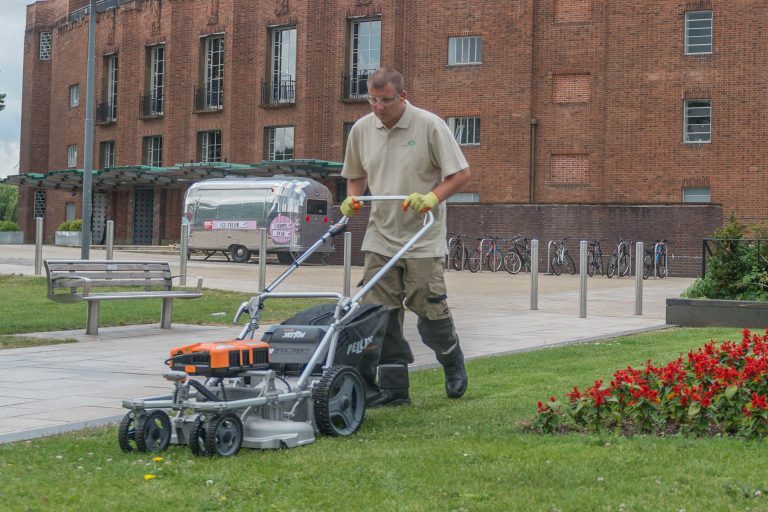With the supply chain suffering, idverde’s Head of Assets and Fleet, Angus Lindsay, says it’s important, where possible, to retain staff with the experience and knowledge to pull them through the crisis.
As we emerge from lockdown, like survivors from nuclear fallout, the full extent and long-lasting effects on our day-to-day lives are becoming apparent. The pandemic has seen some big names in manufacturing and supply fall by the wayside or diversify, and it has been impressive the way some businesses have adapted to produce products to assist in the battle against Covid-19.
What has come as a surprise is the loss of some highly experienced individuals within businesses which weathered the pandemic and continued to provide support during the lockdown, only now to face redundancy. We are all having to adopt leaner working practices but, to my way of thinking, losing years of valuable experience is an extremely short-sighted approach to the long-term sustainability of a business. Within a commercial operation a realistic program of succession planning makes these decisions far easier to manage, as hopefully there will be someone with the right skills able to pick up the reins. But what of the family business, where the next generation may be not always be the best replacement? This could result in a skills gap, but then I suppose blood is thicker than water.
Tough times call for tough decisions. When the loss of the few may safeguard the future of many others, it’s a tough call many smaller businesses are having to make to ensure their survival. Several large corporations with multi-faceted interests, some linked to the aviation industry, are now looking to sell some of their portfolio which, perversely, could affect the supply of lawnmowers and ATVs. John Deere recently announced that they are selling their pedestrian mower manufacturing facility and ceasing production of robotic mowers as these products are no longer a strategic fit for their business. I wonder how many more of the big players will look to streamline their operations by rationalising their product line-up? After all, the recent pandemic is only one hurdle; emissions and a move to cleaner technology could dramatically change the range of options available to the end user.



